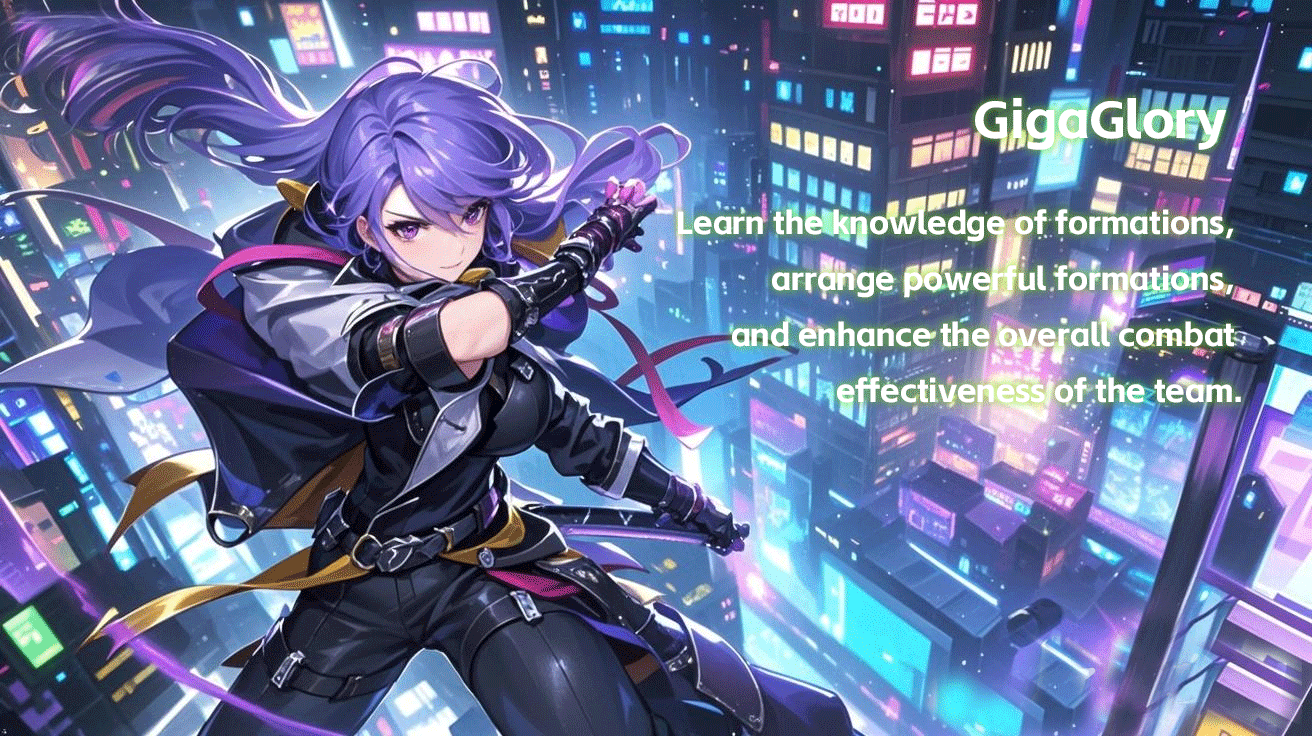Unlocking Learning: How Puzzle Games Double as Effective Educational Games
In recent years, the gaming industry has evolved beyond mere entertainment, establishing itself as a robust educational tool. **Puzzle games** have emerged at the forefront of this transformation, captivating learners of all ages while effectively imparting knowledge. This article explores how these games act as **educational games**, their benefits, and why they’re becoming increasingly popular in various learning environments.
The Intersection of Fun and Learning
Puzzle games are defined by their unique challenges that often require critical thinking, problem-solving, and strategy. From the straightforward blocks that need arranging to intricate mystery-solving scenarios, these games keep players engaged while providing educational value. Here’s a list of how puzzle games serve as effective **educational games**:
- Development of Cognitive Skills: Players often need to develop strategies, improving their analytical abilities.
- Enhanced Memory: Many puzzles require remembering patterns or sequences, which enhances memory retention.
- Collaboration and Communication: Multiplayer puzzle games, often seen in games like **clan wars clash of clans**, promote teamwork and strategic communication.
- Encouraging Perseverance: Puzzle games present challenges that encourage players to try again, developing a growth mindset.
Measuring Effectiveness
The effectiveness of these games can be measured using various metrics, including improved test scores, increased engagement, and overall retention of material. A recent study found that students who engaged in **puzzle games** demonstrated a **25% increase** in their problem-solving skills compared to their peers who didn’t participate in gameplay.
| Metric | Before Puzzle Games | After Puzzle Games |
|---|---|---|
| Problem-Solving Skills | 65% | 90% |
| Engagement Level | 70% | 95% |
| Retention of Material | 60% | 85% |
Puzzle Games vs. Traditional Educational Methods
While traditional educational methods remain important, the dynamic nature of **puzzle games** presents a compelling case. Here’s a quick comparison:
| Aspect | Puzzle Games | Traditional Methods |
|---|---|---|
| Engagement | High | Medium |
| Cognitive Challenge | Varied | Standardized |
| Immediate Feedback | Yes | Limited |
FAQs
- What are some popular extra-educational puzzle games?
- Some popular titles include **RPG games for GameBoy Color**, Sudoku, and Tetris.
- Can puzzle games be played alone?
- Yes, many puzzle games are designed for solo play, although there are multiplayer options that help develop teamwork.
- Are puzzle games suitable for all age groups?
- Puzzle games cater to a wide range of age groups, with varying difficulty levels available to suit different players.
Conclusion
In conclusion, **puzzle games** are not only entertaining but also serve as significant tools for learning. They foster cognitive skills, enhance memory, and encourage collaborative strategies. With their growing popularity and proven effectiveness as educational tools, incorporating them into learning curriculums across Slovakia and beyond could revolutionize traditional educational methods while keeping learners engaged.



